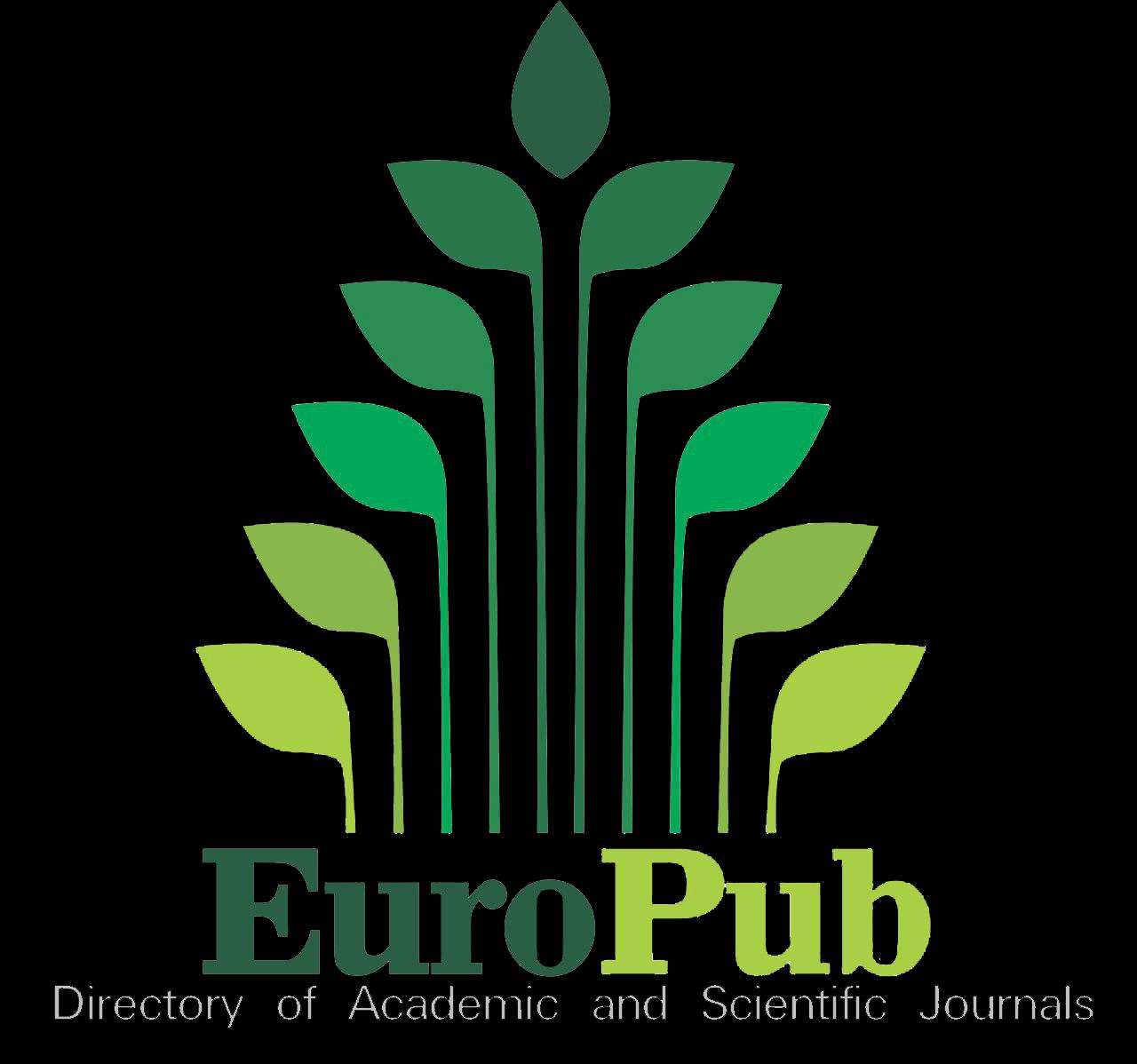Gene-Targeted Antimicrobial Strategies Using CRISPR-Cas Systems Against Multidrug-Resistant Bacterial Pathogens
Keywords:
: CRISPR-Cas9, CRISPR-dCas9, antibiotic resistance, MRSA, ESBL-producing E. coli, gene edit ing, bacterial re-sensitization.Abstract
The rapid emergence of antibiotic-resistant bacteria has significantly outpaced the development of new antimicrobial agents, posing a global health threat. This review investigates the application of CRISPR-Cas9 and CRISPR-dCas9 systems as innovative strategies to combat resistance in key bacterial pathogens. A systematic literature search identified studies focused on methicillin-resistant Staphylococcus aureus (MRSA) and extended-spectrum β-lactamase (ESBL)-producing Escherichia coli. In MRSA, the CRISPR-dCas9 system was used to suppress mecA gene transcription, leading to a 77% reduction in gene expression without compromising bacterial viability-an approach with implications for microbiome-safe interventions. In contrast, CRISPR-Cas9 targeting of conserved ESBL gene sequences in E. coli successfully cleaved resistance determinants, resulting in >99% re-sensitization to β-lactam antibiotics. The engineered pRESAFRESBL plasmid demonstrated cross-sensitivity restoration, suggesting plasmid-wide disruption of co-transferred resistance genes. Together, these findings highlight the transformative potential of CRISPR-based technologies in reversing resistance phenotypes through precise, gene-targeted interventions. This approach paves the way for next-generation antimicrobial therapies that either neutralize resistance while preserving beneficial flora or directly eradicate resistant clone
Additional Files
Published
Issue
Section
License
Copyright (c) 2025 Karishma Noor, Muhammad Ibrahim Shehzad, Dewa khan, Afaq Ali khan (Author)

This work is licensed under a Creative Commons Attribution-NonCommercial 4.0 International License.

